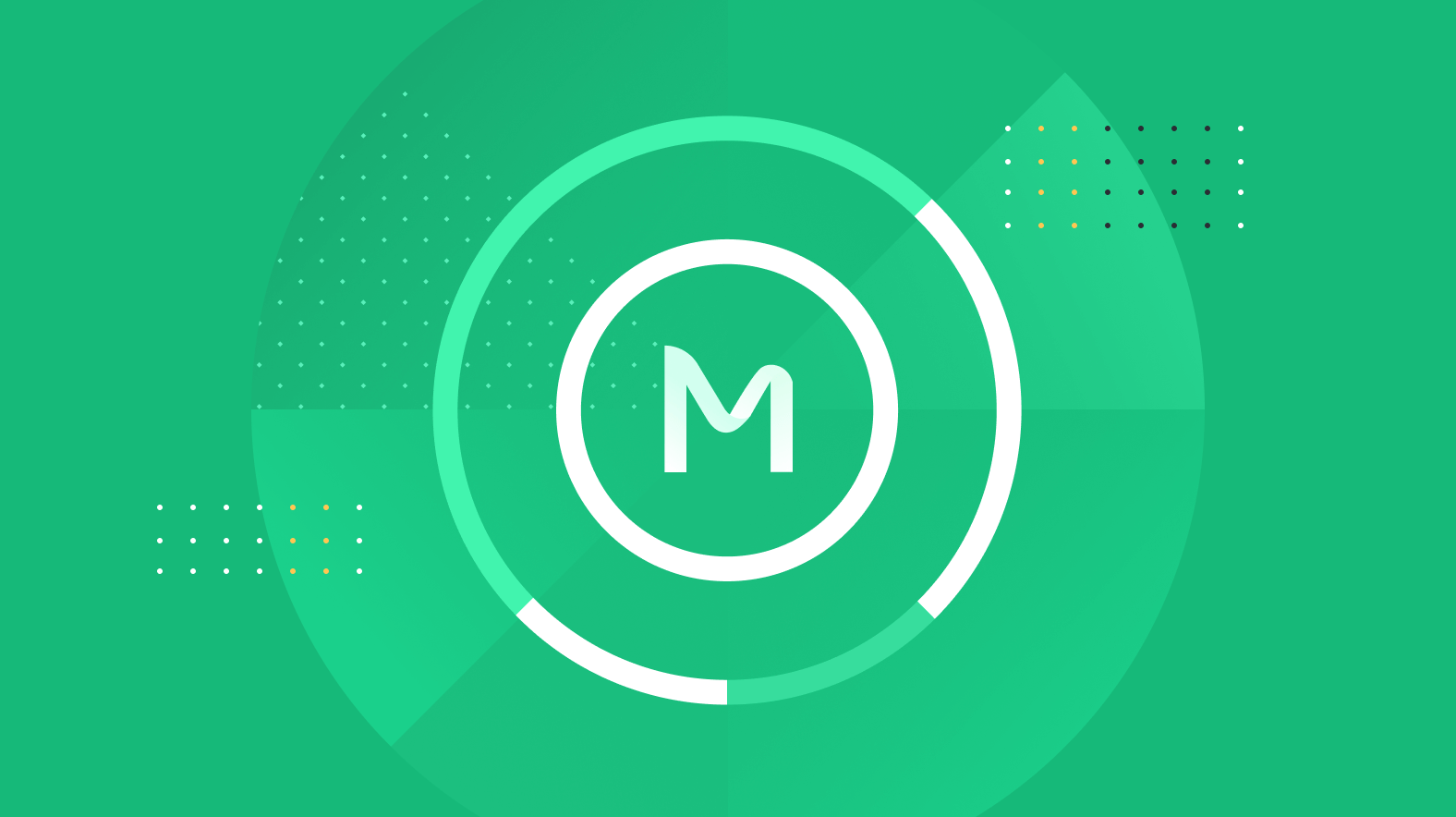What exactly is blockchain? Not only are users who are new to cryptocurrencies confused, even many experienced traders in the cryptocurrency world may not be able to tell you what it is. That’s okay, this article will help you get up to speed quickly and clearly.

The composition of the Blockchain: blocks and chains are indispensable

First of all, Blockchain is a system that follows a new decentralized protocol, that is, a distributed database system, which can be used to store a permanent record of confirmed transactions in blocks, just like a ledger. A “backup” is automatically created when users access the chain through computers around the world. And what we often say as “block” actually refers to this “backup”. Each backup represents a block. Each block is in turn linked to each other in the form of a “chain”. And the data on these blockchains will continue to grow and be available to the public on the Internet.
The core features of blockchain are that it has decentralized systems, anonymity, immutability, uniqueness of value, and smart contracts. It is a promising digital technology. Back in the early 1990s, when the first blockchain prototypes existed, it was used to secure digital documents. As the practical value of the blockchain began to be explored, in recent years, the blockchain system has begun to form a technological trend, leading to the emergence of digital cryptocurrencies such as Bitcoin. As a result, most cryptocurrency networks are backed by blockchain systems and enable the decentralization and distribution of permanent records.
Of course, the operation and maintenance of the blockchain also requires appropriate mechanisms. These mechanisms include “nodes” and “irreversibility”.
Note: The fundamental and key element of the Blockchain network
The only way to use a blockchain is with a complete node, and all the rules of the blockchain must be followed by these nodes.
Transactions on the blockchain are peer-to-peer in nature. This “peer” refers to the full node, and every computer around the world can become a node when participating in the blockchain network. Each independent node maintains a copy of the blockchain, allowing the functionality and security of the blockchain network to be maintained. Therefore, nodes are considered as the key mechanism for the blockchain system to achieve decentralization and censorship resistance.
Immutability: A technical necessity mechanism for data on the blockchain
“Immutable” mainly means that the recorded data on the blockchain cannot be tampered with. This is possible because the blockchain system is built on a proof-of-work (POW) consensus mechanism, which ensures the continuity of network functionality. If a user on a user node intends to disrupt the system, the consensus mechanism will quickly come into play to prevent it.
This makes “immutability” a necessary mechanism for the adoption of technical aspects in the development of financial systems.

Pros of Blockchain
The security of a decentralized network such as blockchain is much greater compared to other network environments as each participant on the network maintains only one copy of the data. As their operations are synchronized in real time, it is much more expensive and difficult for traditional Internet hackers to break into these networks – attacking a blockchain network requires hackers to provide at least 50% of the contributed data first. This is why the blockchain is said to be one of the most secure database systems: one of its original design intentions is to prevent records from being altered. Furthermore, the system is protected by hash encryption, which further enhances its ability to resist hackers.
Of course, the use of blockchain extends beyond this. Besides the financial sector, many other industries can also apply blockchain network technology. In particular, the system inherently maintains the integrity of its data storage. This allows for greater efficiency by eliminating manual process intervention, and reduces costs by eliminating middlemen.
Cons of Blockchain
Technical disadvantages: It has to be admitted that the technology related to blockchain is still in the research and exploration stage, and it is still a long way from being brought to the market on a large scale. Although patents are in hand, very few blockchain-related products have appeared in the eyes of the public. We are still in the era of blockchain 2.0, and we have a long way to go if we want to quickly leapfrog to blockchain 3.0.
Economic disadvantages: The economic disadvantages of blockchain are mainly reflected in financial speculation. At present, there is a lot of speculation in cryptocurrency, and the phenomenon of pump-and-dump and rugpulling is very common, even though many traders have been rewarded handsomely on professional cryptocurrency exchanges such as MEXC.
In order for the technology to realize its benefits, businesses that are key socio-economic players need to invest in adoption first. However, most companies are still on the sidelines – their returns on investment in blockchain have yet to be proven.
Legal disadvantages: The decentralized nature of the blockchain, on one hand, resists the supervision of government authorities. On the other hand, it also means that the government cannot be responsible for the system. For example, in the event of a breach or hack of a blockchain system, there is no way to apply for legal protection from the government.
Closing thoughts
Many experts believe that blockchain can be studied for development as a long-term technology from which the future society will greatly benefit. At least for the time being, blockchain has been widely recognized for its effectiveness in projects with low trust and high intermediary costs.
Disclaimer: Trading crypto involves significant risk and can result in the loss of your invested capital. The materials are not related to the provision of advice regarding investment, tax, legal, financial, accounting, consulting, or any other related services and are not recommendations to buy, sell, or hold any asset. MEXC Learn solely provides information, but not financial advice. You should ensure that you fully understand the risk involved before investing.
Join MEXC and Start Trading Today!


